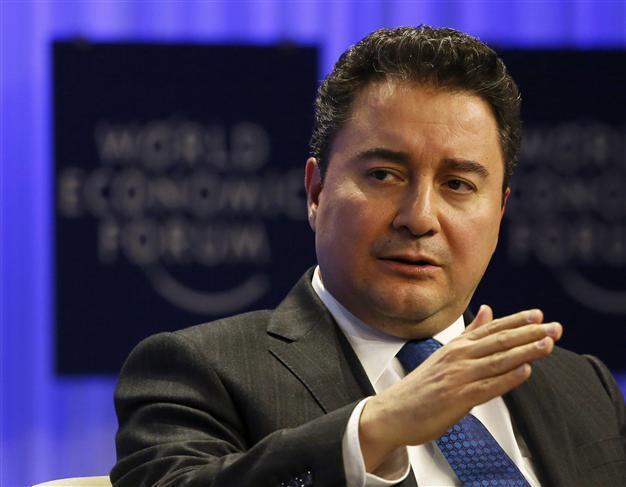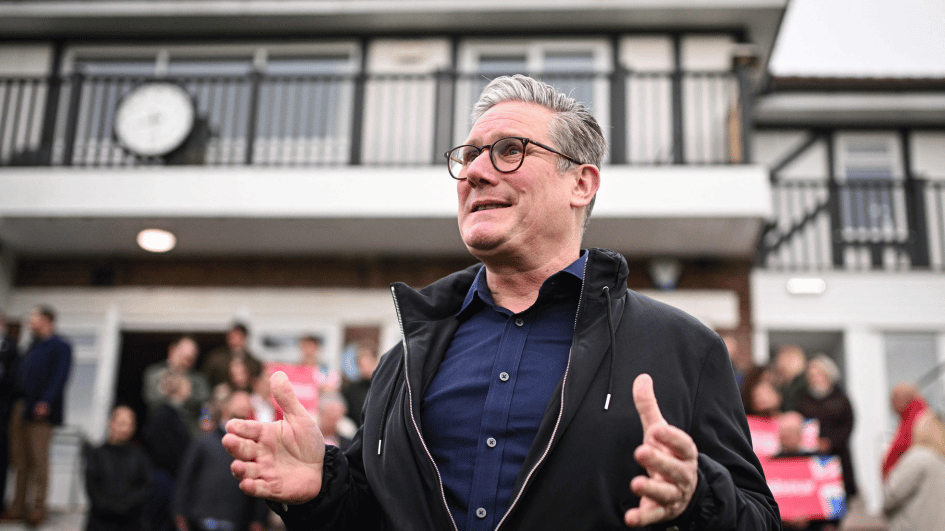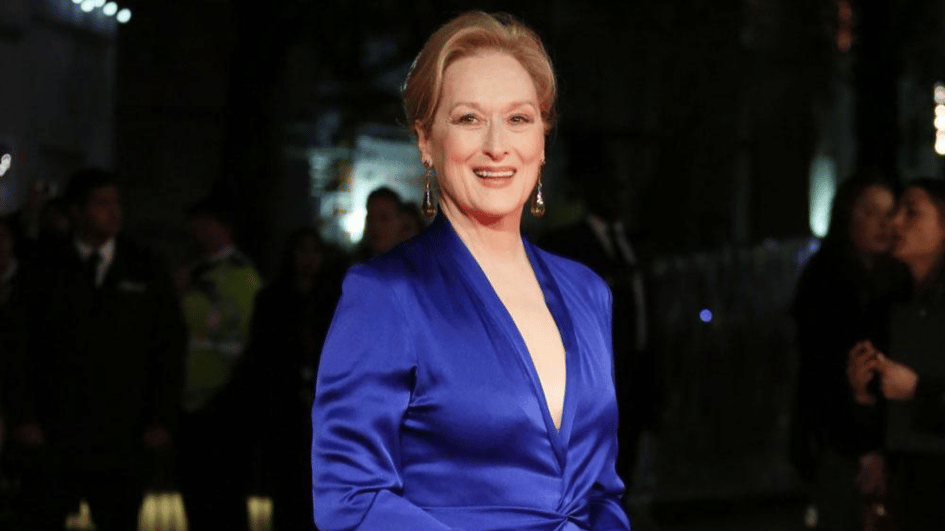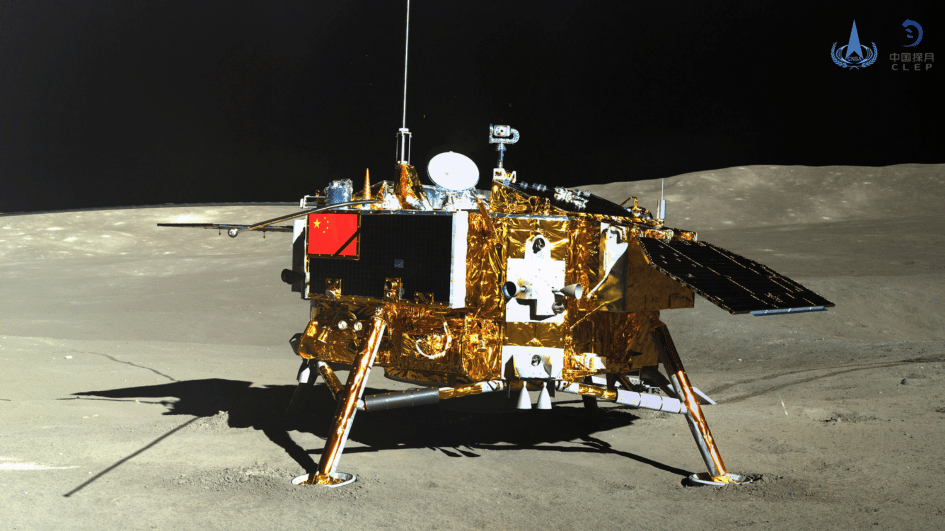Gezi protests, graft probe test for democracy: Turkish deputy PM
DAVOS - Anadolu Agency

Turkish Deputy Prime Minister Babacan attends a session at the annual meeting of the World Economic Forum (WEF) in Davos Jan 24. REUTERS photo
The recent developments that created a political crisis in Turkey as well as the Gezi Park protests are a test for the country’s democracy, Deputy Prime Minister Ali Babacan told a meeting at the World Economic Forum in Davos on Jan. 25.Babacan said that recent developments in Turkey have been a test for democracy and the rule of law.
"When we look at the protests of last year [Gezi Park protests started as of May 2013 and spread across the country] people were not on the streets due to the poverty. Many people on the street were young, employed people who had demands. I think this is a significant test for our democracy.
"We are giving a test over the rule of law in the recent days,” said Ali Babacan responding to a question at a session titled “New Steps for Emerging Economies.”
Babacan said that last year’s Gezi Park protests that erupted last May in the heart of Istanbul were an opportunity to advance Turkish democracy. Prime Minister Recep Tayyip Erdoğan accused protesters at the time of seeking to undemocratically topple the government.
Babacan also referred to a recent graft probe opened on Dec. 17, 2013 and shocked the country with many bureaucrats and businesspeople including sons of two former ministers being suspects.
Babacan also said that the European Union accession process is a strong endeavor for democracy, freedoms, norms and standards for the rule of law.
Turkey will pass these tests successfully by increasing the standards of its democracy, he said, adding that the country had set the EU process as its standard in this respect.
The 44th meeting of the World Economic Forum is bringing together 40 high-level political figures including presidents and prime ministers as well as an audience of 2,500 from the political and economic arena. Nearly 250 closed meetings take place during the forum.
















